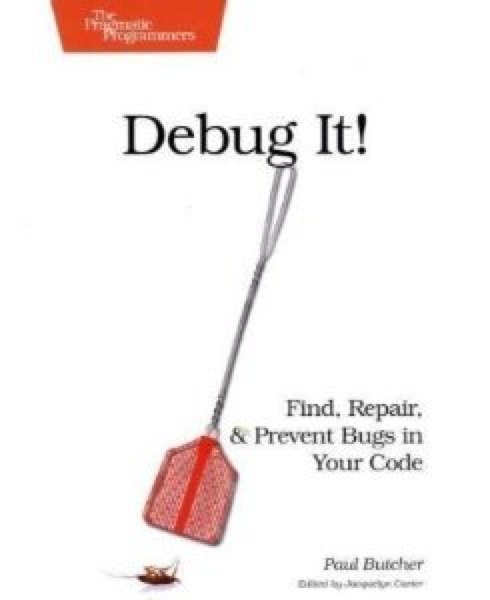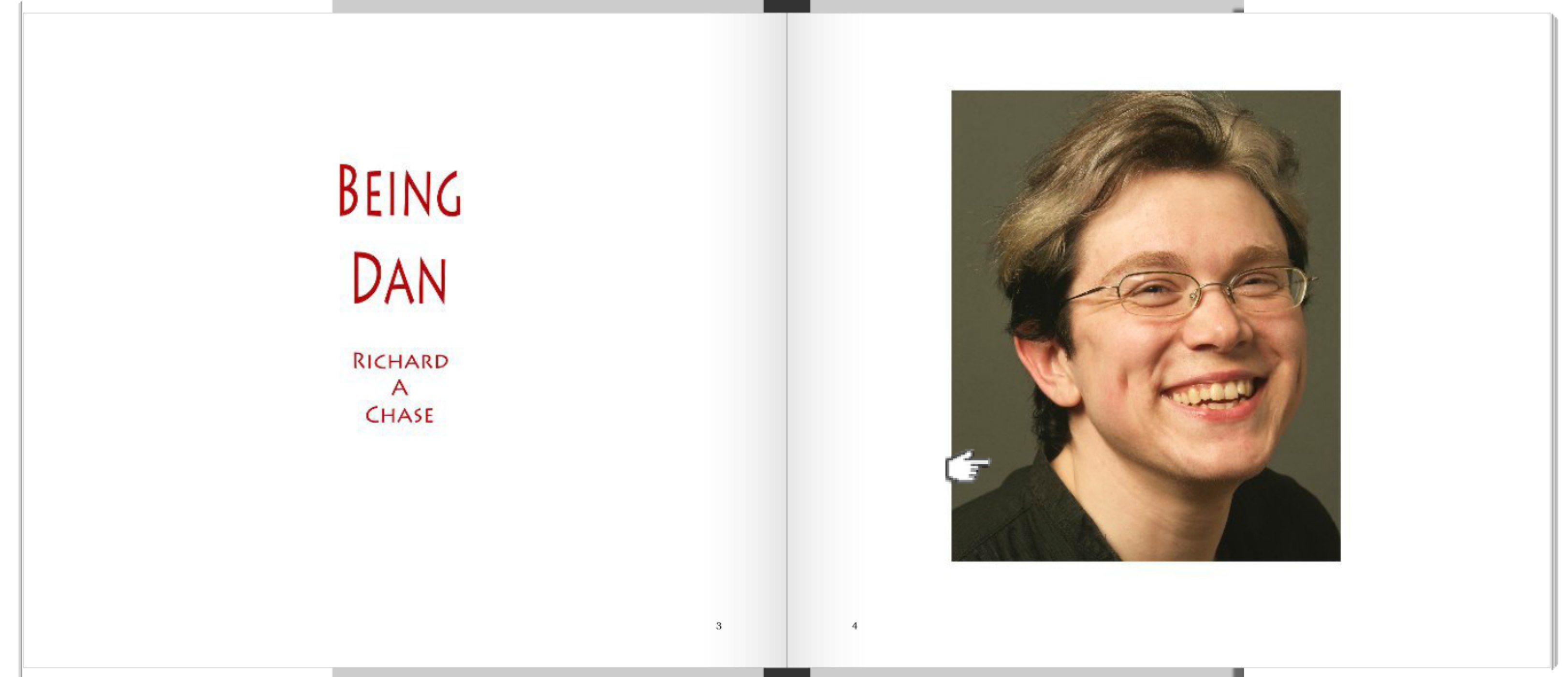My mailbox has been filled lately with queries from happy Web Science authors. They are happy but few: our acceptance rate is going to be around 35% if you include posters (which you should) or 15% if you don’t (and various grant agencies and provosts and pointy-headed bosses do not).
Some people want to know if they can publish their paper without attending the conference. Some people want to know when they are scheduled to speak, so they can rush off to another city after they’re done.
This is wrong. If we wanted to publish a bunch of papers, we’d do that. That’s called a book. I’ve seen books before. So have you. A conference is not a book.
More than fifteen years ago, I was at a hypertext conference. There was a big demo session, and Norbert Streitz, already a big wheel at GMD, was personally demonstrating his group’s SEPIA. One of the details of its hypertext map was that, when you moved a note, the links moved while you dragged.
I’d assumed that we couldn’t do that, that the performance would be too slow. “I don’t think it will be too slow,” Dr. Dr. Streitz reassured me.
“What if we want to use the Nanards’ lovely curved links?” I asked. Marc and Jocelyn Nanard were demonstrating, too, and their demo introduced Bezier curve links. Before then, links had always been straight lines.
“That might be slower.” Dr. Dr. Streitz admitted. “You’ll have to find out.” Streitz and company were using workstations, while we were tied down to slower personal computers. When I came home, I decided that we needed the curved links and discovered that live updates were going to be painful to do with the old Macintosh operating system.
And so we’ve had curved links for fifteen years, and we won’t have live link updates during Tinderbox drags until Tinderbox Six ships. You see, I didn’t forget, and so fifteen years later we finally get the feature out to everyone.
It’s a small feature. You couldn’t write a paper about it – not today, anyway, because the reviewers would want evidence that the new way is better. It’s obvious that it is better, but proving it with the blunt weapon of clinical psychology is another matter.
Every system has lots of these details, and every system is the result of lots of design decisions. There’s lots to learn from sitting down with the people who do work like yours and finding out what went well and what didn’t. You won’t get that from the digital library, and you won’t get it from books. That’s what you do at conferences.
It won’t work if you aren’t there, or if the other people aren’t there, or if only students do posters and demos. It’s hard to size people up quickly. If a student tells you “we tried this and it was too hard,” you have to find a quick and polite way to learn whether it was hard because the student had never done that before, or whether it was hard because the task was basically impossible. If you’re talking to the principal investigator and she says it was hard, you can probably assume it’s hard.
It won’t work if the audience doesn’t listen. I’ve been glum lately because I wrote a few papers to which nobody seems to have paid much attention. But it’s not just me: I’m not sure anyone is really paying attention these days. Lots of computer science papers right now seem timid to me, as if their authors were chiefly worried about rejection and would rather be forgettable than rejected. Lots of eLit papers seem obscurantist, as if their authors were chiefly worried that to be understood is to be found out. And everybody seems in a terrible rush to get to the next conference or to get home.
Passivity is the curse of a bad economy. This isn’t just a moral failing, but a symptom of the gradual drift of the CHI branch of computer science toward psychology and sociology. If we’re passively studying observed phenomena, then your results may not carry much urgency for me. You’re studying Scarlet Tanagers and I’m studying Fritillaries and, while your results may be very interesting, nothing you learn about birds is really going to change my plans for next week’s butterfly experiments. Back in the day when we were all building systems, your curved links and your animated drags became next week’s development agenda.



